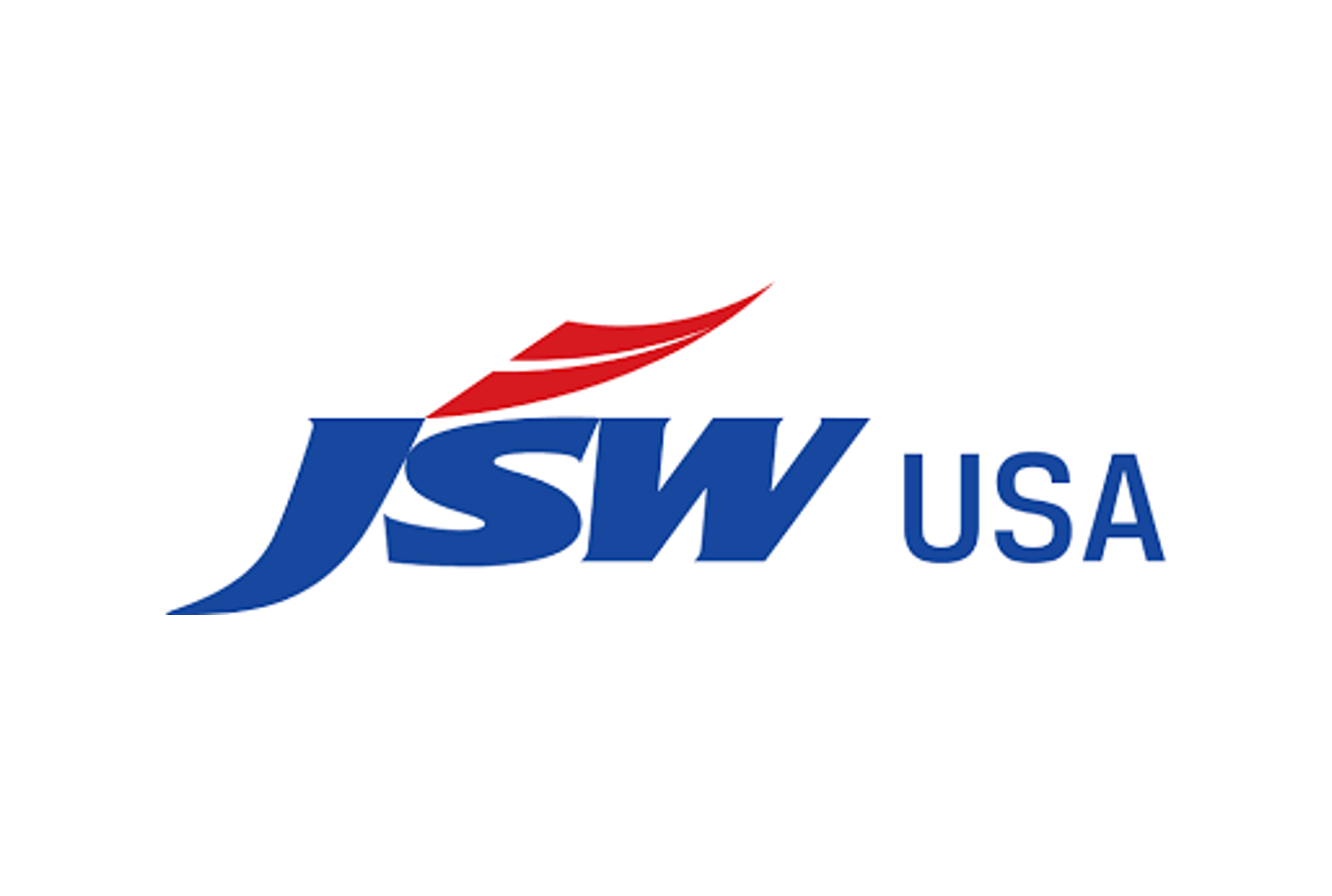Sheet
January 21, 2025
Nucor’s weekly HR spot price unchanged, again
Written by David Schollaert
Nucor’s consumer spot price (CSP) for hot-rolled (HR) coil remains unchanged for another week – now on an 11-week streak.
Nucor’s HR coil CSP, still at $750 per short ton (st), has been at that level since Nov. 12.
The spot price for HR from Nucor’s joint-venture subsidiary California Steel Industries (CSI) is also flat at $810/st, the Charlotte, N.C.-based company said on Tuesday morning.
SMU’s average HR price has also seen little change since November, presently $685/st, down $5/st week over week (w/w), according to our interactive pricing tool.
We will update our price indices this week and publish the prices in Tuesday’s newsletter.







